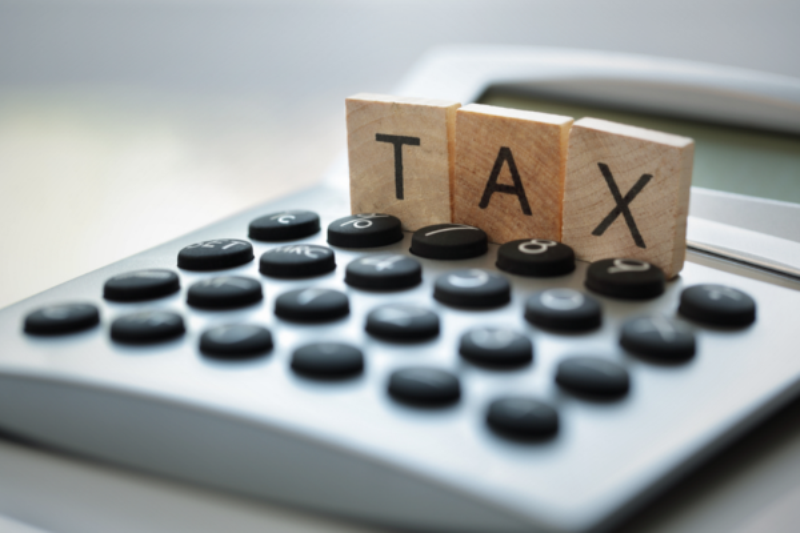- Recession: FG Plans Tax Relief for Manufacturers
The Federal Government, in a bid to ease the burden of the current economic recession on the manufacturing sector, is planning some form of tax relief for the sector.
The Minister of Finance, Mrs. Kemi Adeosun, dropped the hint on Wednesday in Abuja while responding to questions from journalists at the end of the Federation Account Allocation Committee meeting.
She said the tax relief was part of measures by the Federal Government to reduce the negative impact of the foreign exchange crisis on the sector.
Based on the Gross Domestic Product report for the third quarter released by the National Bureau of Statistics, the manufacturing sector’s growth rate was recorded at -2.93 per cent year-on-year.
This is lower by 1.02 percentage points than what was recorded in the second quarter of the year.
The report had blamed the decline in manufacturing activities to the continued drop in the naira to dollar exchange rate, which has made industrial inputs more expensive.
Adeosun said since the sector was one of those badly hit by the economic crisis, the Federal Government would support it with some form of incentives next year.
In addition, she said massive investments in infrastructure would be made to reduce the operating costs of the manufacturing sector.
The minister stated, “It is clear from the figures that the manufacturing sector is the one that is really challenged and the challenge in the sector is clearly that of foreign exchange availability. I think that the sector will benefit from more consistency of the foreign exchange policy.
“On the fiscal side, we are rolling out a number of measures to support the manufacturing sector in terms of tax reliefs and other measures that will allow the balance sheet of the sector to be repaired. They (manufacturers) have taken quite a hit and we will continue to try and support them through it.
“We have a fiscal road map that we will be rolling out and it includes a number of measures around revenue mobilisation, tax reliefs and the fiscal instrument, which will be issued in 2017 to get the economy back to recovery.”
Responding to a question on the position of the Central Bank of Nigeria that the Federal Government should quickly settle its indebtedness to economic agents, the minister said the issue was also affecting the fiscal stimulus objective of the government.
She said with huge debts owed local contractors, money released to the contractors through the banks for projects was not being felt.
Adeosun explained that since the contractors were also indebted to the banks, they were usually denied access to those funds released by the government.
She said while the debts had risen owing to the fact that the government changed its accounting system from cash-based to accrual-based, the ministry would work with the CBN to address the liabilities.
“We are working on a solution with the CBN that will enable us actually reflect these obligations and begin to pay them off because, indeed, they are affecting a number of sectors in the economy and the ability to get the economy growing,” Adeosun stated.
Meanwhile, the Federation Account Allocation Committee distributed a sum of N420bn among the three tiers of government for the month of October.
The minister put the gross revenue received for the month at N238.7bn, adding that this was lower by N41.03bn than the N279.74bn allocated in September.
She attributed the decrease in revenue to challenges in the oil sector caused by the activities of militants in the Niger Delta, as oil production dropped by about 950,000 barrels per day in August.

 Billionaire Watch3 weeks ago
Billionaire Watch3 weeks ago
 Startups4 weeks ago
Startups4 weeks ago
 News4 weeks ago
News4 weeks ago
 News4 weeks ago
News4 weeks ago
 Bitcoin4 weeks ago
Bitcoin4 weeks ago
 Naira4 weeks ago
Naira4 weeks ago
 Forex3 weeks ago
Forex3 weeks ago
 Treasury Bills4 weeks ago
Treasury Bills4 weeks ago

























